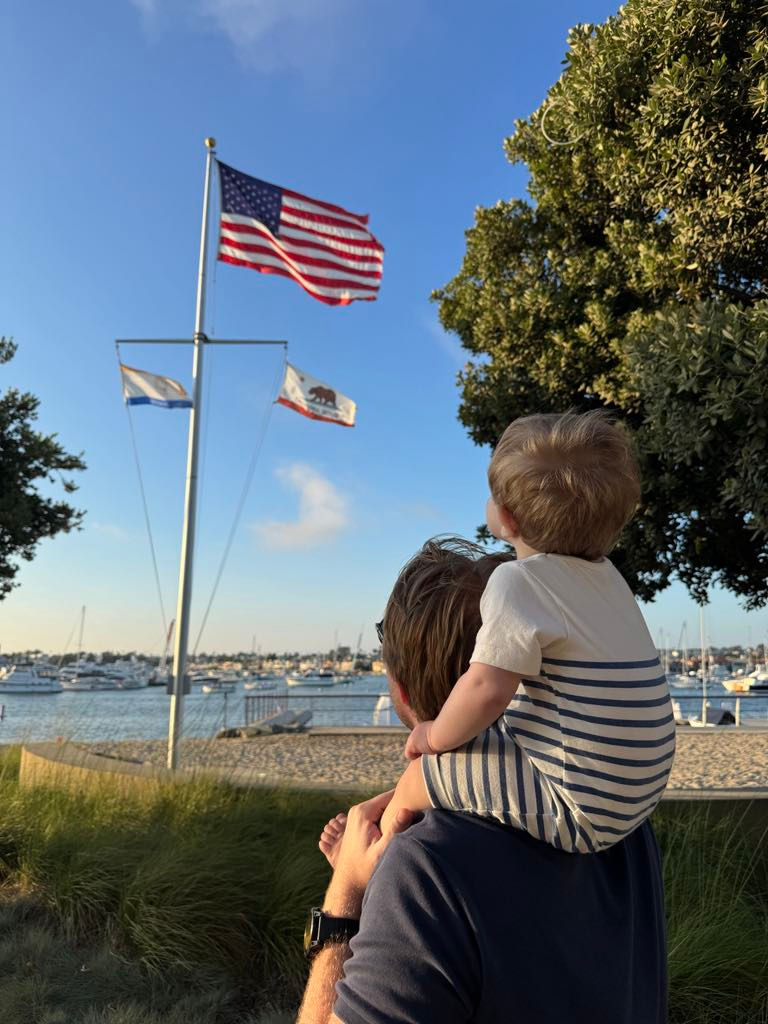🇫🇷 𝐯𝐬 🇺🇸 𝐍𝐞𝐠𝐨𝐭𝐢𝐚𝐭𝐢𝐨𝐧: 𝐖𝐡𝐚𝐭 𝐞𝐚𝐫𝐧𝐞𝐝 𝐦𝐞 𝐜𝐫𝐞𝐝𝐢𝐛𝐢𝐥𝐢𝐭𝐲 𝐢𝐧 𝐨𝐧𝐞 𝐜𝐮𝐥𝐭𝐮𝐫𝐞 𝐧𝐞𝐚𝐫𝐥𝐲 𝐜𝐨𝐬𝐭 𝐦𝐞 𝐭𝐡𝐞 𝐝𝐞𝐚𝐥 𝐢𝐧 𝐚𝐧𝐨𝐭𝐡𝐞𝐫.
- Antoine Sauvageot

- May 29, 2025
- 1 min read
In France, negotiation is typically:
Direct, structured, to the point
Open disagreement is normal (even expected)
Challenging ideas helps build credibility and trust
In the U.S., the approach feels different:
Relationship-building comes first
The tone stays positive, even when the topics are tough
Disagreement is more diplomatic, but things move faster
💬 I still remember one of my first negotiations in the U.S.
I challenged a supplier’s pricing logic openly, directly, backed by solid data. Exactly how I would’ve done in France.
But I brought it up too soon.
𝐁𝐞𝐟𝐨𝐫𝐞 𝐚𝐧𝐲 𝐫𝐞𝐚𝐥 𝐜𝐨𝐧𝐧𝐞𝐜𝐭𝐢𝐨𝐧. 𝐁𝐞𝐟𝐨𝐫𝐞 𝐈 𝐡𝐚𝐝 𝐞𝐚𝐫𝐧𝐞𝐝 𝐭𝐡𝐞 𝐬𝐩𝐚𝐜𝐞 𝐭𝐨 𝐜𝐡𝐚𝐥𝐥𝐞𝐧𝐠𝐞.
The energy shifted. The conversation slowed.
𝐈 𝐥𝐨𝐬𝐭 𝐭𝐡𝐞 𝐫𝐨𝐨𝐦. 𝐀𝐧𝐝 𝐈 𝐤𝐧𝐞𝐰 𝐢𝐭.
➡️ Same message. Different impact.
That moment changed how I negotiate.
I learned that negotiation isn’t just about facts or tactics: 𝐢𝐭’𝐬 𝐚𝐛𝐨𝐮𝐭 𝐓𝐫𝐮𝐬𝐭. And trust looks different in every culture.
Today, I blend both:
The French rigor that keeps the process sharp.
The American energy that keeps the relationship strong.
🎯 𝐅𝐫𝐞𝐧𝐜𝐡 𝐫𝐢𝐠𝐨𝐫 + 𝐀𝐦𝐞𝐫𝐢𝐜𝐚𝐧 𝐞𝐧𝐞𝐫𝐠𝐲 = 𝐁𝐞𝐭𝐭𝐞𝐫 𝐨𝐮𝐭𝐜𝐨𝐦𝐞𝐬
How do you adapt your style across cultures?





Comments